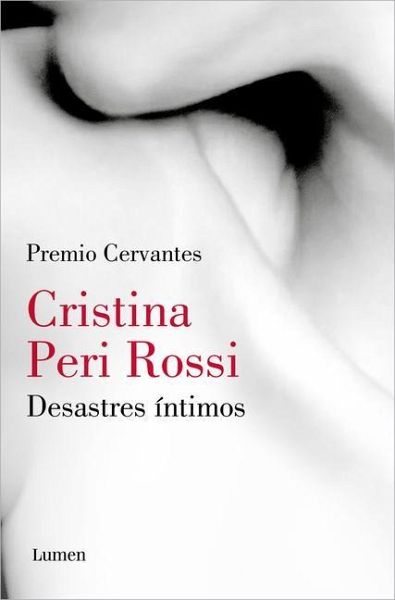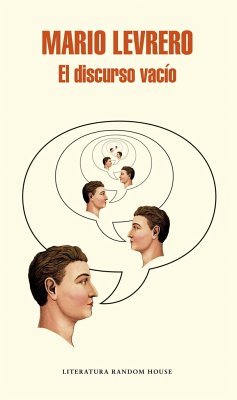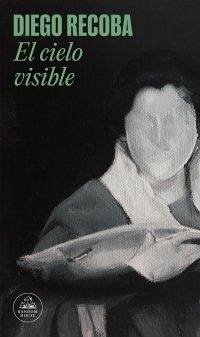
Desastres Íntimos / Intimate Disasters
Versandkostenfrei!
Versandfertig in über 4 Wochen
14,99 €
inkl. MwSt.

PAYBACK Punkte
7 °P sammeln!
"In this modern age, when the means of communication have turned individual and collective history into a spectacle, literature is the privileged place of subjectivity. This book allows us to peer into the fascinating world of characters trapped in their particular deliriums: a club of fetishists who discuss their particular manias, a man in love with a whale woman, a man whose wife has left him for another woman, and a beautiful secretary who is also a mother feeling asphyxiated by her family. Readers, no matter how they see themselves and what their sexual preferences may be, will experience...
"In this modern age, when the means of communication have turned individual and collective history into a spectacle, literature is the privileged place of subjectivity. This book allows us to peer into the fascinating world of characters trapped in their particular deliriums: a club of fetishists who discuss their particular manias, a man in love with a whale woman, a man whose wife has left him for another woman, and a beautiful secretary who is also a mother feeling asphyxiated by her family. Readers, no matter how they see themselves and what their sexual preferences may be, will experience the same sensation."--












